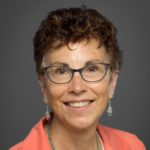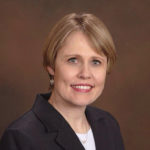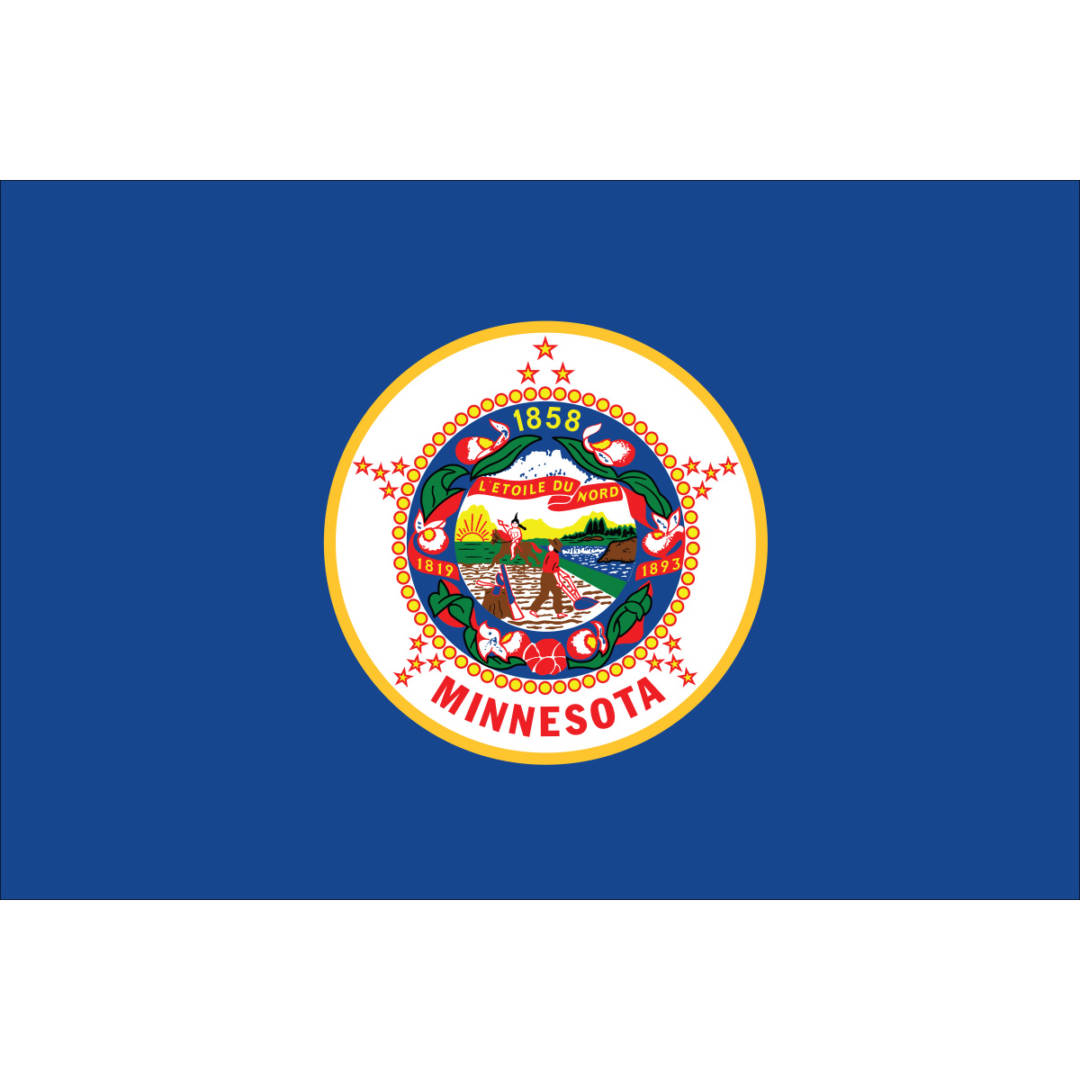We are happy to unveil the Fall 2016 issue of the MinneTESOL Journal. As always, this issue features scholarship that is interesting and relevant for our growing and diverse readership. Our featured article is an invited piece from Elaine Tarone, recently retired from the University of Minnesota. Dr. Tarone is well-known by many of us and has provided a wonderful article based on her 2015 MELEd conference keynote address. It’s a perfect cornerstone for our 35th anniversary issue, tracing the history of languages and language education in Minnesota.
In addition, we have an assortment of excellent pieces that provide insights on meeting the needs of English learners in multiple settings: K-12, post-secondary, and adult. Addressing the needs of newcomer students in a North Dakota high school, Bachmeier, Burdick and Shume offer recommendations for ways to support these students in our schools and community. Bull’s article complements this by outlining what teachers can do to support refugee students. Turning to policy, Morita-Mullaney and Westerlund examine how state ESSA policies in two states – Minnesota and Indiana – will help shape federal policy.
Our contributions focused on post-secondary and adult learners explore multiple ways that instructors can support students. Recognizing the challenges that writing presents to college learners, Peters and Mayer examine linguistic features of Somali language to better understand effective supports useful for writing tutors and instructors in a community college environment. Zoss turns her attention to pronunciation instruction for adult English learners, identifying the importance of intelligible pronunciation for communication, employment and self-confidence.
As we move toward the end of 2016, we’d like to take a moment to share new developments with the journal, and to address some of the important events facing our world in the near future.
MinneTESOL Journal News
Open and Engaging Scholarship
- This year marks the 35th anniversary of the MinneTESOL Journal! We’ve seen many changes since 1981 in format and style, but through the years we’ve continued to focus on providing relevant, high-quality articles to the scholars, teachers, and teacher-educators who are part of MinneTESOL. We look forward to what the future will bring.
- We’ve got a new tagline: Open and Engaging Scholarship. Thanks to editors and others who helped us capture the essence of our new journal in just a few words.
- With this issue, we celebrate receiving our ISSN classification from the Library of Congress. The new ISSN will allow us to apply for listing in databases to better expand the reach of our journal to readers and writers.
A Commitment to Core Values
But 2016 also marks a critical year for our world and our profession. The nation saw an increase in the number of hate-related incidences following the results of the presidential election, and many of us have worried about the impact on our colleagues and students. In response, TESOL International released a statement reaffirming the organization’s core values.
We’ve also experienced a post-election increase of hate crimes in Minnesota, and in response, MinneTESOL has issued the following statement:
Reaffirming Our Core Values
MinneTESOL proudly supports TESOL‘s core principles of individual language rights, respect for diversity, multiculturalism, multilingualism, and inclusivity, which are reaffirmed in the statement below. As a local TESOL affiliate, we pledge to advocate for these principles and stand up for the rights of students and professionals in our field in the state of Minnesota.
Reaffirming Our Core Values: A Message to TESOL Professionals
from TESOL President Dudley Reynolds and Executive Director Rosa Aronson
Fifty years ago, TESOL became a professional association based on the core principles of individual language rights, respect for diversity, multiculturalism, multilingualism, and inclusivity. These values are just as critical today as they were then, and provide a solid anchor against the strong oppositional forces that are sweeping across nations. As we witness the unfolding of these troubling trends, TESOL International Association reaffirms these core principles and proudly welcomes professionals and students from all backgrounds and all creeds: they provide the rich texture of our community. Each year, we are honored to welcome thousands of our members to our worldwide events, as they come together to share their knowledge for their students’ benefits, and to network with their peers. We pledge to live up to our ideals of a global professional community in the face of all challenges.
Marking our 35th anniversary, and looking forward to the next 35 years, we at the journal publicly confirm our commitment to the core principles of individual language rights, respect for diversity, multiculturalism, multilingualism, and inclusivity. This will be reflected in how and what we publish, and in the work of authors, editors, and any others associated with the MinneTESOL Journal. In our view, supporting welcoming, safe and quality learning experiences is the foundation of our mission. A simple safety pin has been used as an image for standing up for others, especially those being discriminated against, and we encourage all of our readers to be a beacon of light in their communities.
Thank you
A huge thank you to our incomparable Technical Editor, Jen Vanek. Thank you to the authors, our many talented reviewers, the support of the MinneTESOL Executive Board, and especially to you, our readers. This work is only worthwhile if it meets the needs of readers. So please, engage with this open-access journal by reading, liking, and sharing articles widely through your networks. Keep up to date with the MinneTESOL Journal by joining our Facebook and Twitter communities. Stay engaged, stay hopeful, and we wish you all the best for 2017.









